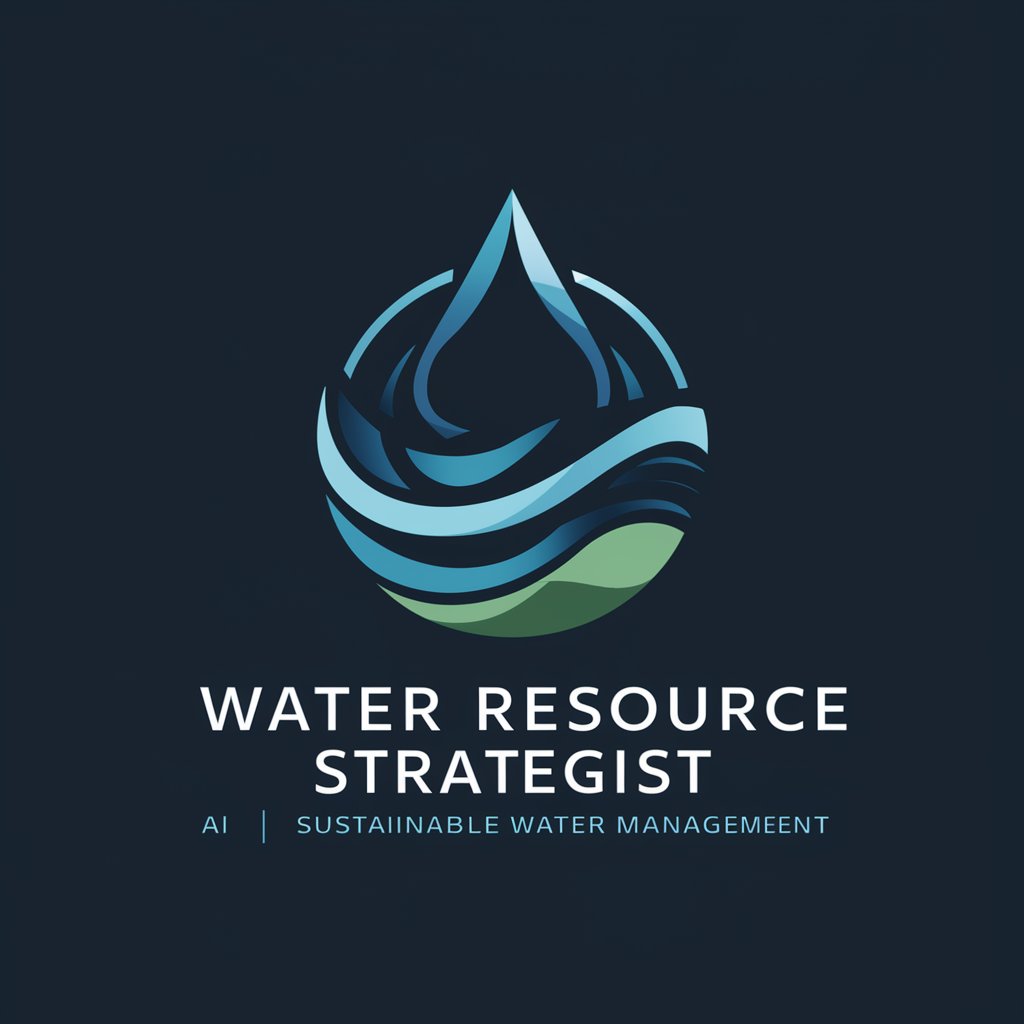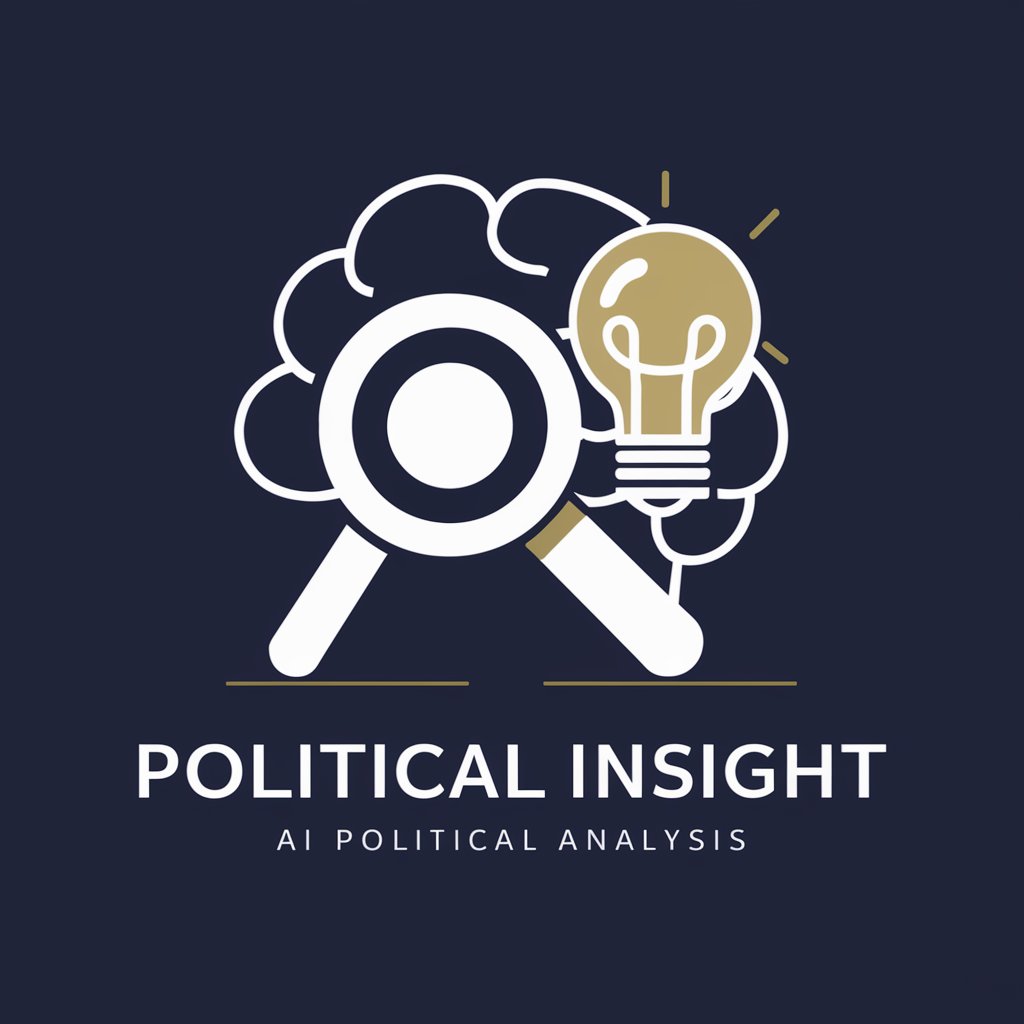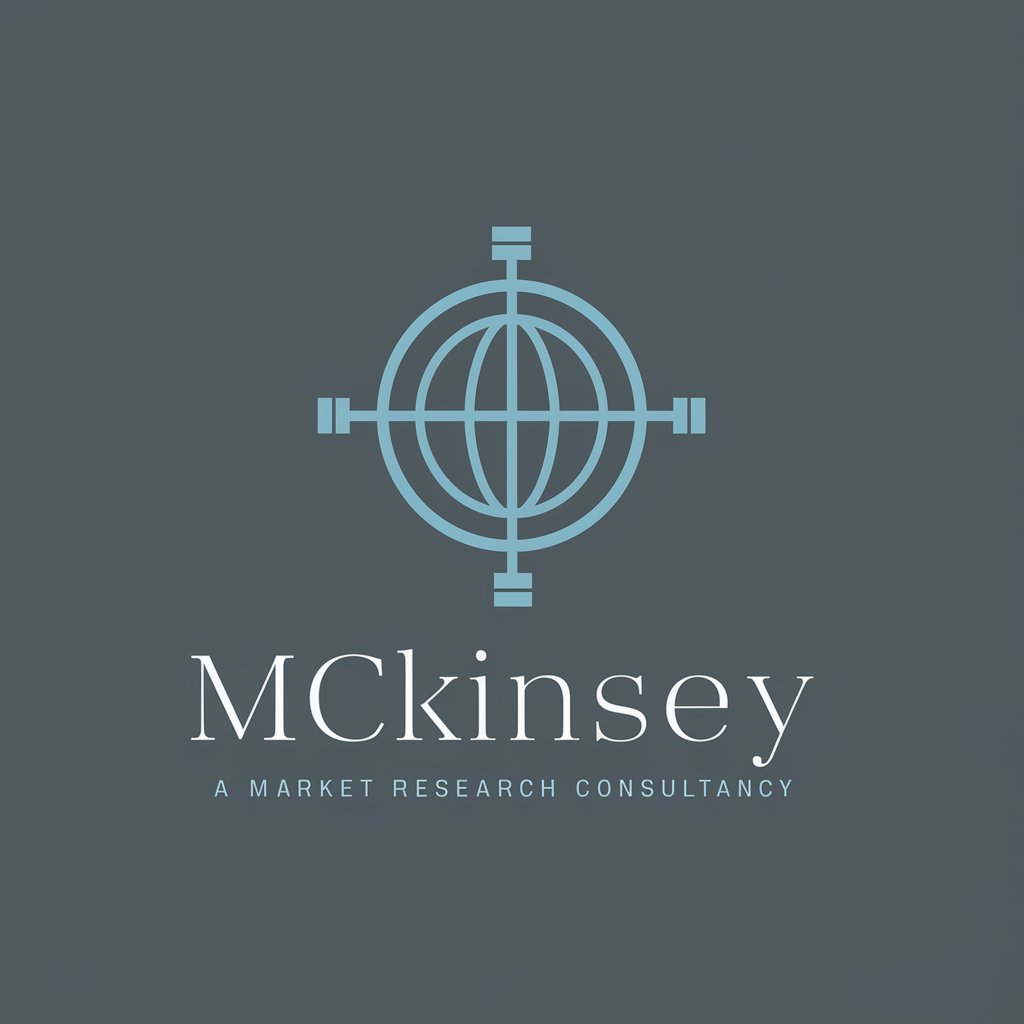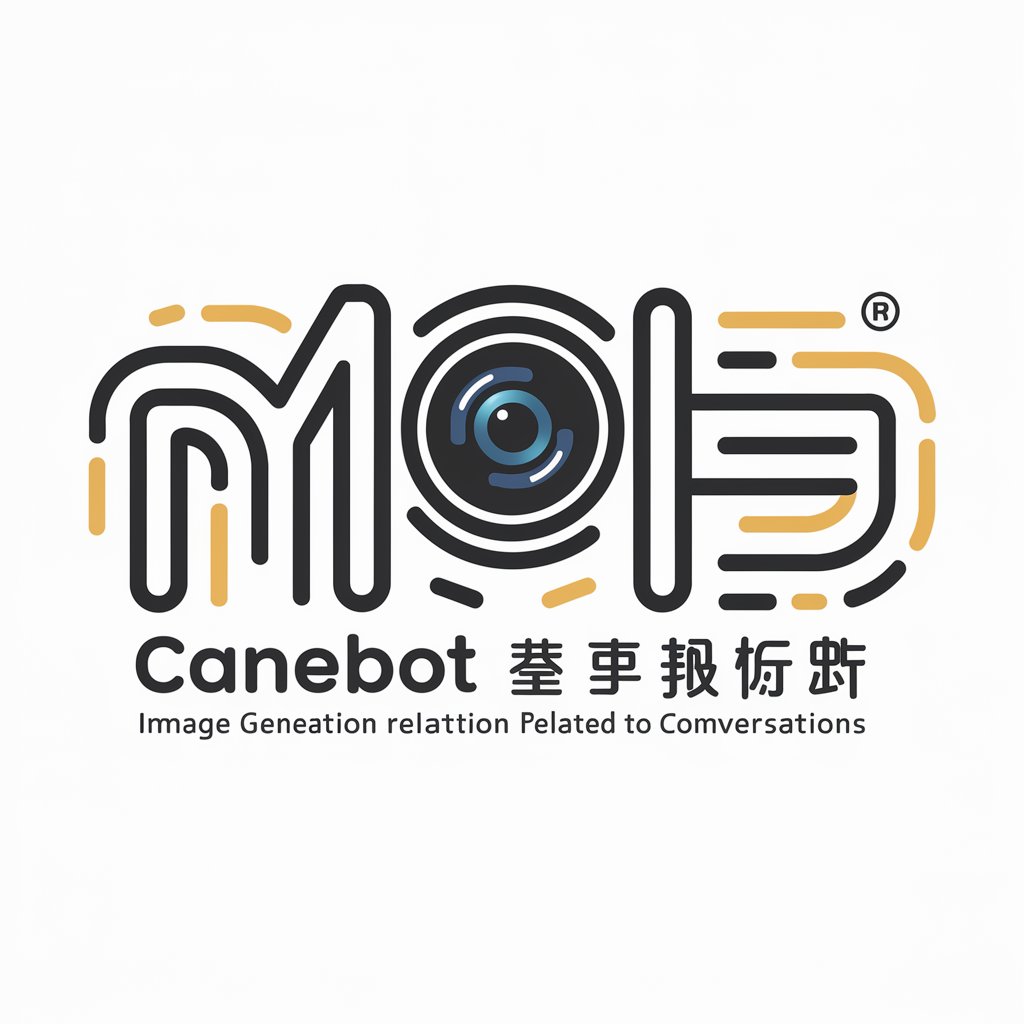Water Resource Strategist - sustainable water management AI

Welcome to Water Resource Strategist, your partner in sustainable water solutions.
AI-driven solutions for water sustainability
Explain the importance of sustainable water management in urban planning.
Describe innovative solutions for mitigating water scarcity in arid regions.
Discuss the role of technology in enhancing water resource management.
Analyze the socio-economic impacts of water policy changes on local communities.
Get Embed Code
Overview of Water Resource Strategist
Water Resource Strategist is an advanced artificial intelligence system designed to tackle the intricacies of water management, water scarcity, and sustainable usage across various ecosystems and human societies. It integrates complex data analysis, policy evaluation, and environmental management strategies to offer actionable insights and solutions. This AI system is engineered to assist in optimizing water usage, ensuring water sustainability, and addressing challenges posed by climate change and human activities. For example, in regions experiencing severe drought, Water Resource Strategist can analyze rainfall patterns, water consumption data, and agricultural demands to propose optimized irrigation schedules, water rationing strategies, and alternative water sources, thereby reducing waste and improving water availability. Powered by ChatGPT-4o。

Core Functions of Water Resource Strategist
Data Analysis and Prediction
Example
Analyzing historical weather data, water usage patterns, and population growth trends to predict future water demand and supply scenarios.
Scenario
In a city facing increasing water demand due to population growth, Water Resource Strategist uses predictive models to forecast future water needs and identify potential water shortages. It enables planners to implement conservation measures, expand water infrastructure, or explore new water sources ahead of time.
Policy and Regulation Advisory
Example
Providing insights on the impact of proposed water management policies, including water pricing, allocation, and quality regulations.
Scenario
For a government considering revisions to water conservation policies, Water Resource Strategist evaluates the potential effects of various policy options on water sustainability, economic implications, and public acceptance. This assists in drafting regulations that promote efficient water use without imposing undue burdens on the population.
Sustainable Water Management Solutions
Example
Designing integrated water resource management plans that balance environmental, economic, and social needs.
Scenario
In a watershed affected by pollution and overuse, Water Resource Strategist devises a comprehensive management plan that includes pollution control measures, water-saving technologies for agriculture and industry, and community-based water stewardship programs. This collaborative approach ensures the long-term health of the watershed and its communities.
Target User Groups for Water Resource Strategist
Government Agencies
Local, regional, and national government bodies responsible for water management, environmental protection, and urban planning would significantly benefit from Water Resource Strategist. The system's ability to analyze complex data and forecast trends can aid in drafting effective policies, regulations, and infrastructure projects that ensure water security and sustainability.
Environmental NGOs and Researchers
Organizations and individuals focused on environmental conservation, water resource research, and sustainable development practices can utilize Water Resource Strategist to gather insights, support advocacy efforts, and inform community-based projects. Its comprehensive data analysis capabilities can help in identifying critical areas for intervention and evaluating the effectiveness of various conservation strategies.
Agriculture and Industry Stakeholders
Farmers, agricultural cooperatives, and industries that rely heavily on water for production would find Water Resource Strategist invaluable in optimizing water use, reducing waste, and implementing sustainable practices. Tailored solutions can help in achieving economic efficiency while minimizing environmental impact.

How to Use Water Resource Strategist
Start your journey
Access a cutting-edge approach to sustainable water management by visiting yeschat.ai. Experience the power of Water Resource Strategist without the need for a subscription or ChatGPT Plus.
Define your needs
Identify the specific water resource challenges or objectives you face. This could range from addressing water scarcity, improving water quality, to developing sustainable water usage policies.
Engage with the tool
Utilize the interactive interface to input data or describe your water management scenario. Include as much detail as possible about your geographical area, water sources, current usage patterns, and any specific concerns.
Analyze recommendations
Review the tailored strategies, solutions, and insights provided by Water Resource Strategist. These recommendations are optimized for sustainability, efficiency, and practicality within your context.
Implement and refine
Apply the suggested strategies and monitor their outcomes. Use the tool iteratively to refine your approach based on results and evolving water management needs.
Try other advanced and practical GPTs
CosMedic Processes
AI-powered SOP Guidance for Compliance

ClusterSmith
Crafting tailored content with AI precision.

Brofessional: Crucial Chris the Conversation Guru
Elevate Your Conversations with AI

Exam Prep Assistant
Ace Your Exams with AI-Powered Study Assistance

Anecdotal Time Traveler
Bringing History to Life with AI

Barry
Empathetic AI for Post-Surgery Support

Papers explorer
Unlocking Academic Insights with AI

Trendy Ideas & Design Creator
Crafting Trendy Sports Designs with AI Power

Political Insight
Empowering political understanding through AI.

THE MARKETER
Elevate Your Marketing with AI

"Market Size" consultant
Empowering Decisions with AI-Powered Market Insights

Mai
Bringing Conversations to Life with AI

Frequently Asked Questions about Water Resource Strategist
What makes Water Resource Strategist unique in sustainable water management?
Water Resource Strategist stands out for its advanced scenario modeling and optimization capabilities, tailored to address both local and global water challenges. It synthesizes data from various sources to provide actionable insights, ensuring strategies are both innovative and adaptable.
Can Water Resource Strategist help in reducing water waste in urban areas?
Absolutely. It offers solutions for urban water management, including water recycling, efficient distribution systems, and demand management strategies to reduce waste and promote sustainable urban growth.
How can agricultural stakeholders benefit from using Water Resource Strategist?
Agricultural users can leverage it to develop water-efficient irrigation practices, crop planning aligned with water availability, and strategies to mitigate the impact of droughts, thereby enhancing productivity sustainably.
Does Water Resource Strategist incorporate climate change projections in its analysis?
Yes, it integrates climate change scenarios to forecast future water availability and risks. This ensures that recommended strategies are resilient to climate variability and change.
Is Water Resource Strategist suitable for policy-making processes?
Definitely. It aids policymakers by providing evidence-based insights for crafting water policies, setting sustainable water use targets, and engaging stakeholders in collaborative water resource management.
